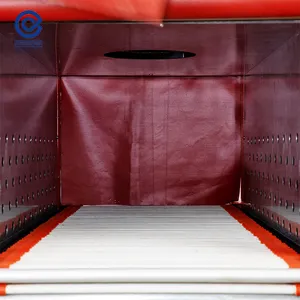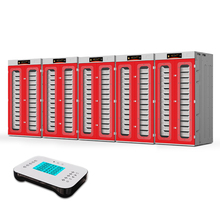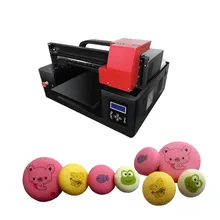
Alibaba.com showcases a diverse range of tablet packaging machines designed to meet various packaging requirements. Among the types available, blister packaging machines are prominent, catering to the need for sealing products in a cavity with a paper backing or aluminum seal. These machines are suitable for both capsules and tablets, ensuring product safety and integrity.
Strip packaging machines offer another packaging solution, where tablets are packed in a strip format, providing convenience and protection. This method is particularly beneficial for pharmaceuticals that require controlled dosages. Alu-Alu packaging machines represent a more advanced option, using aluminum material to create a high barrier for moisture and gases, which is crucial for products sensitive to environmental factors.
The variety extends to machines capable of handling different forms and sizes, from small pouches for food, sugar, or granules to high-speed machines that can manage up to 500 bags per minute for products like candy. For those requiring a more customized solution, Alibaba.com includes machines that can be tailored to specific needs, such as chocolate bar wrapping or liquid detergent pod packaging.
In the realm of automation, options range from semi-automatic to fully automatic systems, with some machines offering multi-function capabilities. This allows for rapid packaging of a wide array of tablet types, including effervescent, vitamin, and dishwasher tablets, as well as capsules and softgels, all while maintaining a consistent level of quality and efficiency.




















































 浙公网安备 33010002000092号
浙公网安备 33010002000092号 浙B2-20120091-4
浙B2-20120091-4